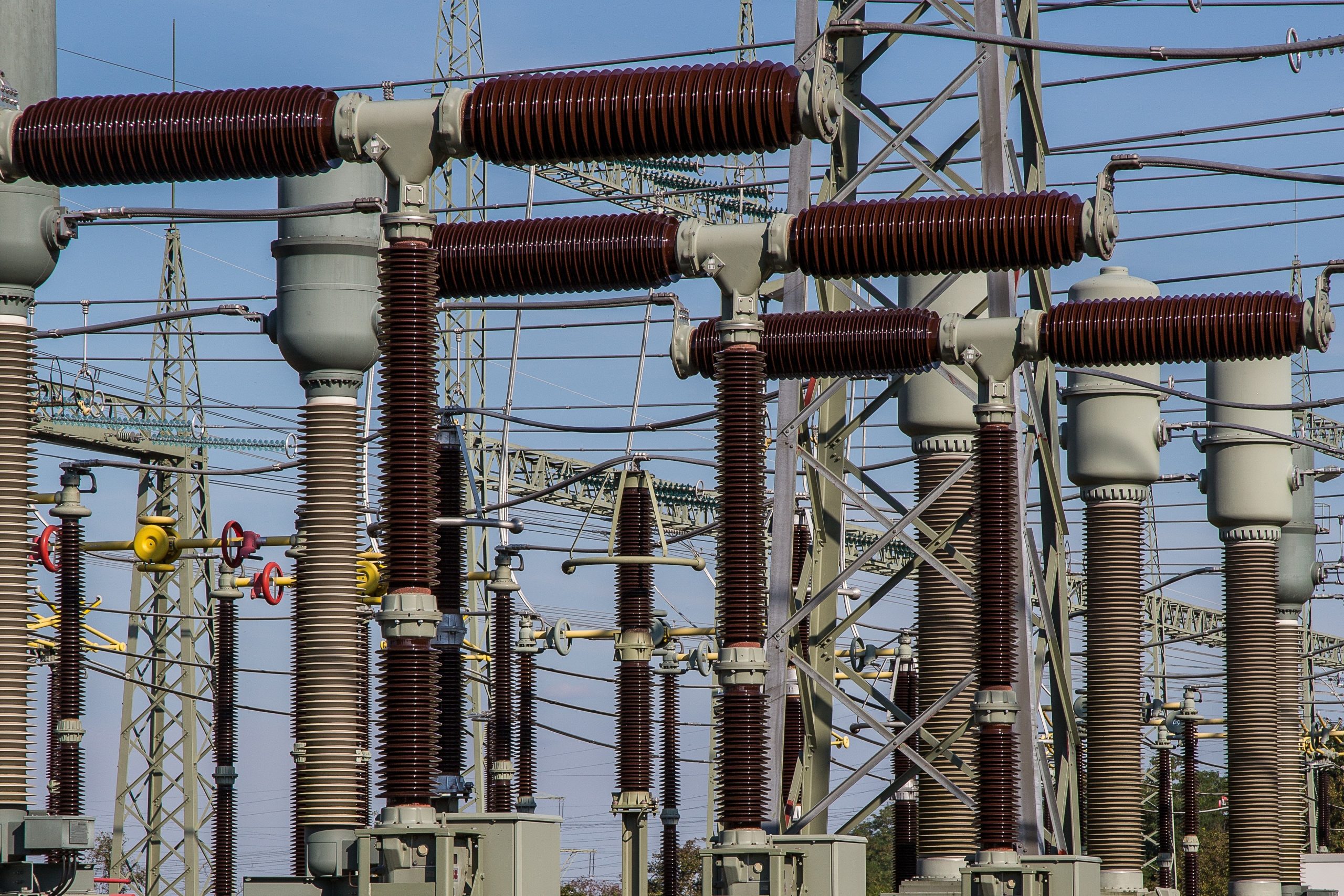This article gives details on the Alternatives to Gas. Thus rising pure gas market prices had also floated the idea of cooler houses. And apartments and high utility costs for large numbers of citizens in Europe and the United States. Hence where the majority of the population focus primarily on gas-fired heating systems for high temperatures and water heating.
Concurrently, there are growing pressures on political figures ahead of a COP26 regional. And global international negotiations to start reducing any use of fossil energy, which would include natural gas, as soon as possible. Because of the gas crisis as well as the feeling of responsibility surrounding the climate change problem. Thus this is a key question that has arisen. So the question is, is there a smarter method to raise the temperature of our houses and apartments? As a matter of fact this article discusses the way out.
Alternatives to gas
However, even though gas prices rise, some nations have been forced to restart coal fired power plants. This is in a bid to take up the slack in power generation. However, there are more environmentally friendly options needed to power your primary residence. What really are the alternatives to gas? However below is the details on the alternatives to gas usage among citizens
Rooftop solar panels
These really are especially useful for heating the water. Citizens can charge the batteries individually and sell unopened power back to the main power network with the proper motivation, but tax incentives and incentive schemes differ slightly by country, and startup costs can indeed be significantly greater than the one for traditional water heating systems. Therefore as per the International Energy Agency, domestic renewable energy managed to meet only 2.1 percent of worldwide area and hot water consumption throughout 2018. (IEA).
Green hydrogen
This gasoline has already been seen as a spotless potential substitute. Thus this is because it can be based from source materials such as water instead of just carbon energy, and is managed to produce using renewable power. However, petroleum has always been in the early stages of development. Thus some consultants think that when using renewable power resources. Thus as a means of powering a whole other fuel at this time. Hence it would be a waste of perfectly good solar and wind power. Also as large trucks such as aircraft and ships.
Heat pumps
These heat pumps are now becoming increasingly popular as a potential substitute. There really are different sorts of the heat pump. Hence it includes air source heating systems, which remove heat to the atmosphere. And earth origin heat pumps, which retrieve water from the surface of the earth. So both work in the same way that a cooling system does. So here is one of the alternatives to gas.
The European Heat Pump Association claims (EHPA)
They stated that nearly 15 million heating and cooling units were installed between 2007 and the end of 2020. And this installation is mostly in 21 European countries where open data is available. As a result, 1.6 million of them were installed by 2020. As a result, Germany, France, and Italy account for the majority of these sales. This is the claim form the EU regarding the details on the alternatives to gas.

Furthermore, the UK, on the other hand, is slowing down behind, paying particular attention to an evaluation. Thus the review of the most recent EHPA statistics published this month by climate human rights group Greenpeace. So according to Greenpeace, the UK managed to install well over 5 times fewer or no heating systems than Lithuania. Hence this is well over 30 times smaller numbers than Estonia. Perhaps including 60 times smaller numbers than Norway very recently in 2020.
How should the US handle the alternatives to gas?
However, if indeed the current regime wants to grab up the situation. Then it needs a decent approach as well as sufficient money to rinse up our houses and apartments on a large scale. Moreover, this entails significant grant funding for heating and cooling installations, particularly for the poorest in society. So the elimination of VAT on residential building technology solutions. And the phase-out of heating systems slightly earlier for another couple of years.
This statement was endorsed by the Greenpeace UK’s policy director, whose name is Doug Parr. Furthermore, the United Kingdom is expected to release a policy document. Yet one that actually outlines its plans to reduce greenhouse gas emissions from houses and apartments in the coming days and weeks. This should be through to the next round of the COP26 conference. Here is one of the details on the alternatives to gas.
Furthermore, heat pumps are increasingly being installed in new homes. So according to the IEA, heating system sales for housing developments exceed 40%. This figure is for single-family homes and is close to 50% for new multi-family buildings. As a result, earth link high temperature pumps are much more common in the United States than almost anywhere else. However, they account for more than half of the 400,000 units sold each year. Hence, according to the IEA, previous years’ sales were boosted by a 30% tax break.
However, according to the IEA, nearly 20 million household members. Thus, it has decided to buy heating systems in 2019 from 14 million in 2010. Hence according to the company, the majority of this rapid expansion is as a result of increased sale prices of removable devices. However, one that could also provide air conditioners, trying to reflect a rising want for cooling.
Is gas getting expensive?
Although some countries, such as the United Kingdom, have marked the end of coal use in their homes. As a result, different households are currently increasing their use of fossil fuels. However, natural gas is not a source of energy that emits very little pollution. Therefore it is more reliable than coal and releases less carbon dioxide when fired. This is however an injurious greenhouse gas that could also leak through into surrounding air. Thus from piping systems and forced to give up wells and cause serious temperature increase.
Conclusion about alternatives to gas
We have discussed the details on the alternatives to gas. So you now have a clear view on what to do as the price of gas continues to increase. You have also seen that authorities are making an effort to change the higher demand for gas. However, you can check on our homepage for more education and informative topics. We have many articles about credit cards, finance, current affairs, economics, politics and much more!


